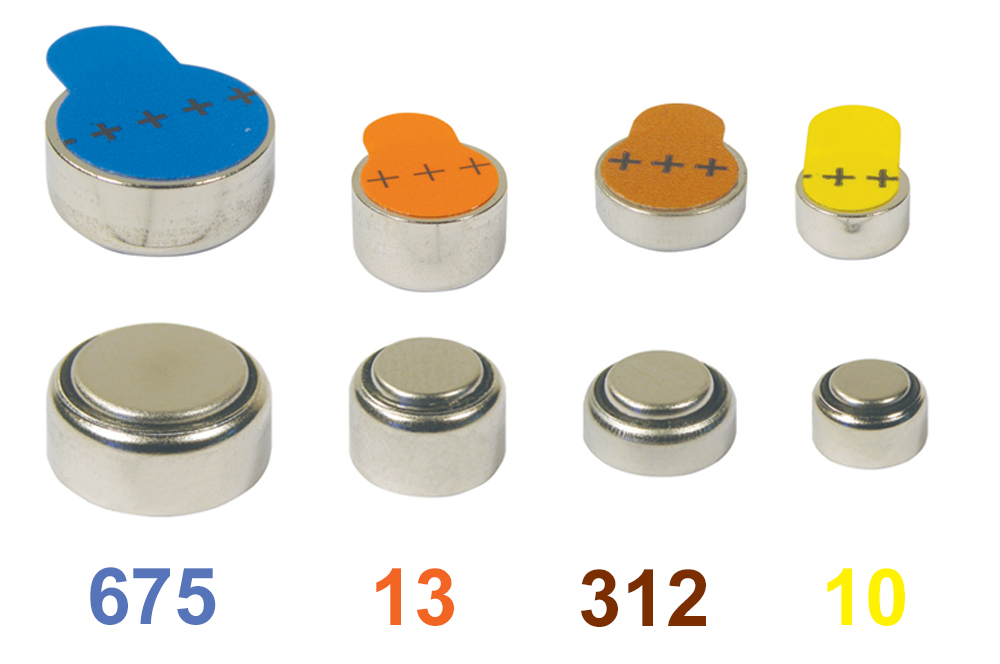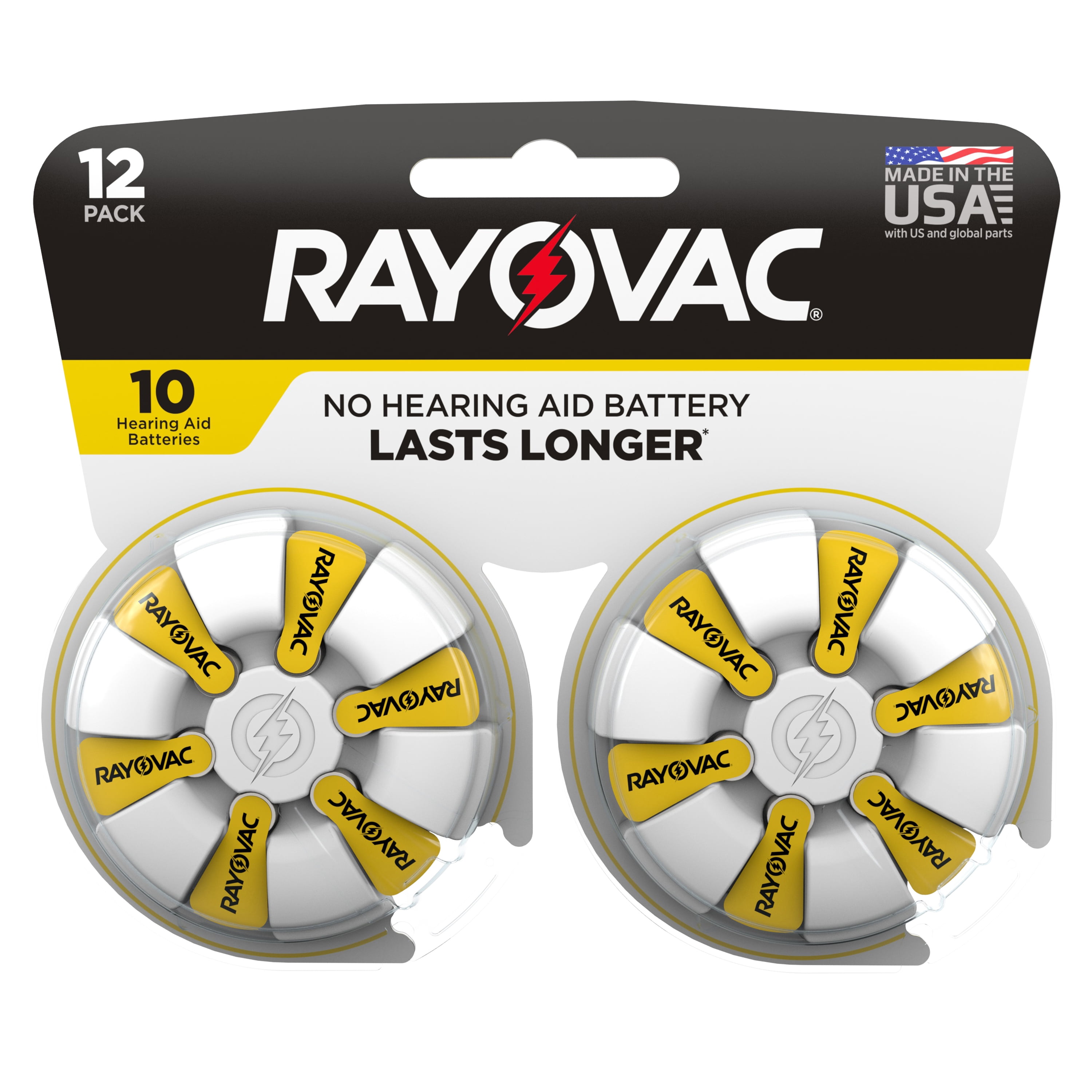When it comes to hearing aids, one of the most crucial yet often overlooked components is the battery. A reliable power source is essential for the optimal functioning of these devices, making it important for users to understand the various options available, their maintenance, and how to choose the right battery for their needs. In this comprehensive guide, we will explore everything you need to know about hearing aid batteries, from types and lifespan to tips for prolonging their life.

hearing aid battery
Understanding Hearing Aid Batteries
Hearing aids typically come with specific battery requirements depending on the model. While the basic function of these batteries remains consistent—providing the power necessary for amplification—different types have unique characteristics. Let’s delve into the various types of hearing aid batteries:

hearing aid battery
Types of Hearing Aid Batteries
1. Zinc-Air Batteries
Zinc-air batteries are the most common type used in hearing aids today. They are activated by air exposure, which means they need to have a protective tab removed prior to use. These batteries are available in various sizes, typically labeled with a color code for easy identification:
- 13 – Orange
- 312 – Brown
- 10 – Yellow
- 675 – Blue
2. Lithium-Ion Batteries
Lithium-ion batteries are rechargeable and are becoming increasingly popular due to their convenience. These batteries can last longer than zinc-air counterparts, requiring less frequent charging, and can often power hearing aids for an entire day on a single charge.
3. Rechargeable Hearing Aid Batteries
Some hearing aids are designed with built-in rechargeable batteries, eliminating the need for frequent battery replacements. These devices can be charged overnight or when not in use, making them an attractive option for many users.
Choosing the Right Battery for Your Hearing Aid
Choosing the appropriate battery for your hearing aid is crucial. Always refer to the manufacturer’s guidelines regarding battery requirements. If you’re uncertain, consult with your audiologist or a hearing care professional. Here are some tips for selecting the right battery:
- Check Compatibility: Ensure the battery type matches your hearing aid model.
- Consider Lifestyle: If you lead a busy lifestyle, rechargeable options may be more convenient.
- Factor in Usage: Assess how often you use your hearing aids to determine the battery size you need.
Batteries Lifespan and Maintenance
The lifespan of hearing aid batteries can vary significantly based on several factors:
- Usage: Daily use will drain batteries faster than occasional use.
- Environmental Factors: Temperature and humidity can affect performance. It’s advisable to store batteries in a cool, dry place.
- Device Settings: Higher volume settings and additional features may decrease battery life.
Typically, zinc-air batteries last between 3 to 14 days, while rechargeable batteries may last anywhere from a few hours to several days on a single charge. Here are some practical tips for extending battery life:
Tips for Prolonging Battery Life
- Remove batteries when hearing aids are not in use to prevent drainage.
- Store batteries in a cool, dry place.
- Use the correct size and type of battery as per the manufacturer’s instructions.
Signs Your Battery Needs Replacing
It can sometimes be difficult to know when it’s time to replace your hearing aid batteries. Watch for these signs:
- Decreased volume or clarity of sound.
- Frequent whining or distortion.
- Your hearing aid shuts off unexpectedly.
Frequently Asked Questions (FAQs)
1. How do I know which size hearing aid battery I need?
The size of the hearing aid battery needed can be found in the device’s user manual or on the manufacturer’s website. You can also ask your audiologist for the correct size.
2. Can I use any brand of batteries for my hearing aid?
While you can use different brands, it’s always best to opt for batteries that are compatible with your hearing aid model. High-quality batteries generally offer better performance and longevity.
3. How long do hearing aid batteries typically last?
The lifespan of hearing aid batteries varies based on usage and type. Zinc-air batteries generally last between 3 to 14 days, while rechargeable batteries can last from several hours to a few days on a single charge.
4. Is it safe to leave batteries in my hearing aids when not in use?
It’s recommended to remove batteries when your hearing aids will not be used for an extended period. This prevents potential corrosion and battery drainage.
5. What should I do if my hearing aid battery leaks?
If a battery leaks, handle it carefully using gloves. Clean the battery compartment of your hearing aid thoroughly before replacing it with a new battery. Consult with your audiologist if you notice frequent leaks.
6. Are rechargeable hearing aid batteries worth it?
Rechargeable batteries are often worth considering due to their convenience and the reduction in the frequency of battery replacements. However, weigh your personal preference and lifestyle when making the decision.
7. Where can I buy hearing aid batteries?
Hearing aid batteries can be purchased from pharmacies, specialized hearing aid stores, and online retailers. Always ensure that you are buying from a reputable source.
8. Can I recycle hearing aid batteries?
Yes, many hearing aid batteries, particularly zinc-air varieties, can be recycled. Check with your local waste management guidelines or recycling programs to locate appropriate recycling options.
In conclusion, understanding hearing aid batteries is essential for maintaining their efficiency and ensuring the best hearing experience. By recognizing the types of batteries available, how to care for them, and noticing the signs of battery issues, you can optimize your hearing aid’s performance and enjoy the auditory world around you.